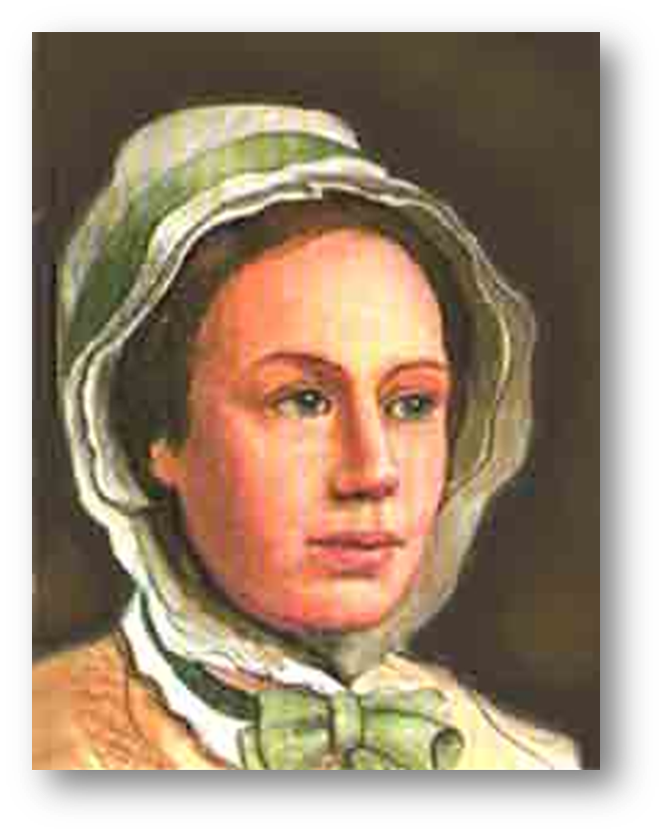 Fred Sanders (The Deep Things of God, 68-69) tells a wonderful story of Susanna Wesley’s trinitarian theology:
Fred Sanders (The Deep Things of God, 68-69) tells a wonderful story of Susanna Wesley’s trinitarian theology:
“Her journal from about 1710 includes an impressive entry that shows how seriously she took the doctrine. She began by accusing the great Aristotle of falling into error when he taught that the world eternally existed along with God, “streamed by connatural result and emanation” from all eternity. She mused that “this error seems grounded on the true notion of the goodness of God,” which Aristotle “truly supposes must eternally be communicating good to something or other.” It is true that the Supreme Being is infinitely good and that his goodness is of a kind to be always inclined to give itself away to others. Without any further information, this speculation would demand an eternal world as the eternal recipient of God’s self-giving goodness. An eternally, essentially self-giving God would require an eternal world. But that sort of eternal world would make God dependent on the world for his own satisfaction. Without the world, God would be a frustrated giver.
“The conclusion, which Susanna Wesley found utterly unacceptable, would be that God depended on something outside himself to make possible his full self-expression. Pondering this mistake in the great Aristotle’s philosophy, Susanna mused, “It is his want of the knowledge of revealed religion that probably led him into it.” Aristotle’s problem came from the fact that he had no access to the revealed doctrine of the Trinity.
For had he ever heard of that great article of our Christian faith concerning the Holy Trinity, he had then perceived the almighty Goodness eternally communicating being and all the fullness of the Godhead to the divine Logos, his uncreated Word, between whose existence and that of the Father there is not one moment assignable.
“Susanna Wesley’s skirmish with Aristotle is a pretty tidy speculative engagement with the philosopher, and it is worth remembering that Susanna was not a theology professor but a full-time homeschooling mother when she wrote it. Little John Wesley was probably about seven years old at the time Susanna recorded these thoughts in her personal devotional journal. She obviously had a lively intellect and a mind for what mattered. What mattered, in her well-formed evangelical Trinitarianism, was that the deep Trinitarian background of the gospel stayed firmly in place so the astonishing graciousness of God’s free grace could be seen for what it is. … She knew that the gospel derives its power from the infinite background of who God is.”